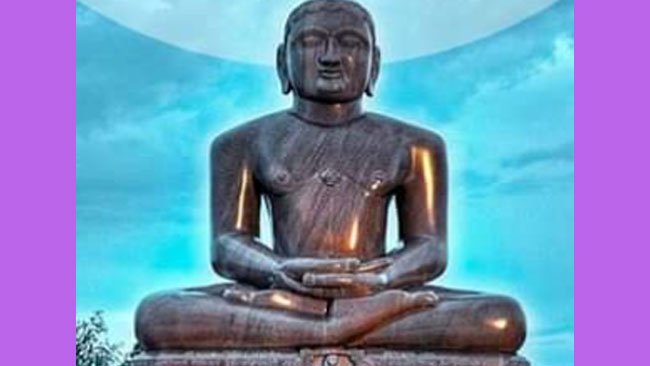Jainism, one of the world’s oldest religions, is deeply rooted in the principles of non-violence, truth, and self-discipline. At the heart of Jain philosophy are the Tirthankars, the enlightened spiritual teachers who guide souls toward liberation (moksha). The word Tirthankar means “one who creates a ford” – someone who builds a passage across the endless ocean of birth and death, enabling others to cross it safely. Unlike gods or deities who are worshipped for blessings, Tirthankars are revered as spiritual exemplars. They attained Keval Jnana (supreme knowledge) and showed the path of self-realization and freedom from the bondage of karma.
In Jainism, there are 24 Tirthankars who appeared at different times, the first being Rishabhanatha (Adinath) and the last being Lord Mahavira, who is also the most well-known. Their teachings continue to inspire millions worldwide, offering timeless wisdom for a meaningful and peaceful life.
Table of Contents
Who is a Tirthankar?
A Tirthankar is not considered a god in the creator sense but a perfect soul who has conquered inner weaknesses and attained ultimate knowledge.
Key Characteristics of a Tirthankar:
-
Attainment of omniscience (Keval Jnana).
-
Complete freedom from karma and rebirth.
-
Teaching the path of non-violence, truth, and spiritual purity.
-
Compassion for all living beings.
24 Tirthankar Name
Here is the list of the 24 Tirthankars revered in Jainism:
-
Rishabhanatha (Adinath)
-
Ajitanatha
-
Sambhavanatha
-
Abhinandananatha
-
Sumatinatha
-
Padmaprabha
-
Suparshvanatha
-
Chandraprabha
-
Pushpadanta (Suvidhinatha)
-
Shitalanatha
-
Shreyansanatha
-
Vasupujya
-
Vimalanatha
-
Anantanatha
-
Dharmanatha
-
Shantinatha
-
Kunthunatha
-
Aranatha
-
Mallinatha
-
Munisuvrata
-
Naminatha
-
Neminatha
-
Parshvanatha
-
Mahavira Swami
Teachings of Jain Tirthankars
The teachings of the Tirthankars are timeless and remain relevant even in today’s world.
-
Ahimsa (Non-violence): Respect and compassion for all living beings.
-
Satya (Truth): Living a life of honesty and integrity.
-
Aparigraha (Non-possessiveness): Detachment from material desires.
-
Self-realization: Understanding the soul’s true nature.
-
Path to Moksha: Freedom from the cycle of birth and death.
Importance of Jain Tirthankars
-
Tirthankars are regarded as spiritual guides, not creators.
-
They inspire people to rise above worldly attachments.
-
Their life stories reflect the triumph of truth and purity.
-
Worship of Tirthankars serves as a reminder of the goal of liberation.
-
They represent peace, equality, and compassion for all beings.
The 24 Tirthankars of Jainism are not just figures from history; they are eternal beacons of wisdom. Each Tirthankar showed humanity the path of non-violence, simplicity, and liberation, transcending the material world.
Lord Mahavira, the last Tirthankar, reinforced the importance of living a disciplined and compassionate life — a message that continues to resonate across centuries.
For spiritual seekers, the teachings of Tirthankars serve as a reminder that true happiness is not found in wealth or power, but in inner peace, self-realization, and liberation from karma. Their path offers a universal message: a life of compassion, truth, and non-violence leads to eternal freedom.
FAQs on Jain Tirthankar
Q1. How many Tirthankars are there in Jainism?
There are 24 Tirthankars in Jainism.
Q2. Who was the first Jain Tirthankar?
Rishabhanatha (Adinath) was the first Tirthankar.
Q3. Who was the last Jain Tirthankar?
Lord Mahavira was the 24th and last Tirthankar.
Q4. What is the role of a Tirthankar?
A Tirthankar guides souls toward liberation through teachings of non-violence, truth, and detachment.
Q5. Do Jains worship Tirthankars as gods?
Jains revere Tirthankars as enlightened teachers, not as creators of the universe.
You may also like to read –
Yama and Niyama – The Ethical Guidelines of Patanjali’s Ashtanga Yoga

